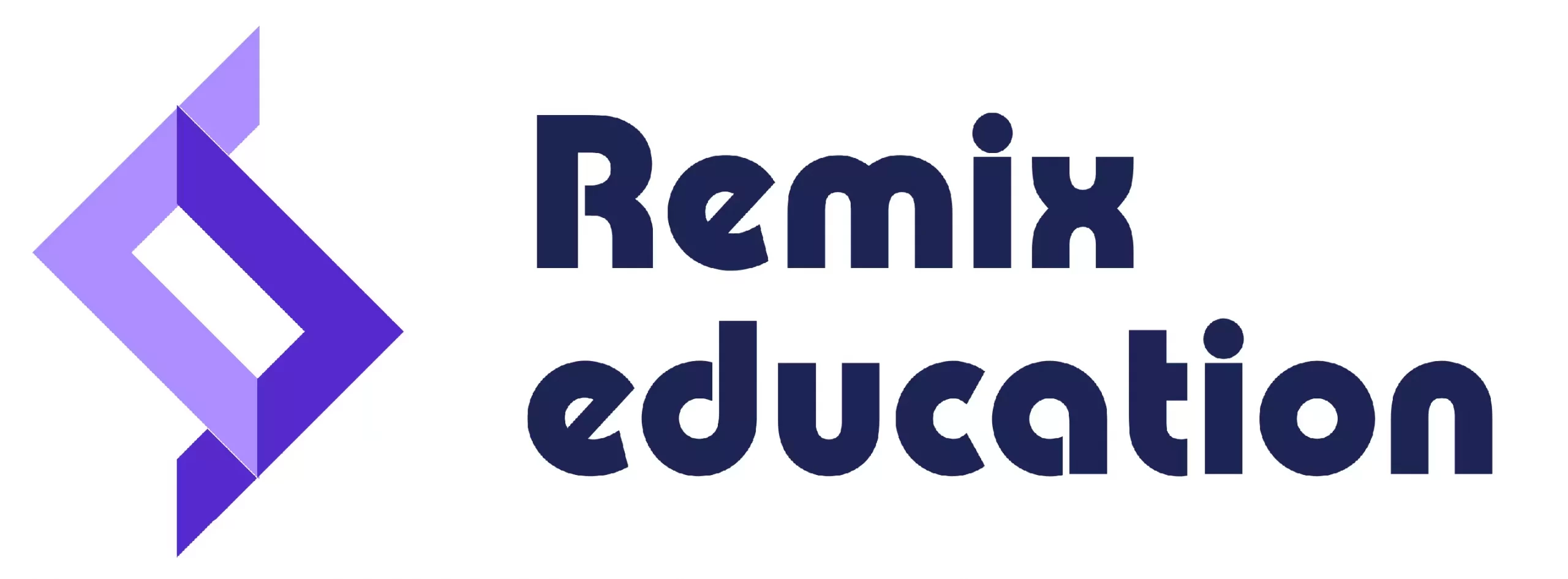Drugs Used in Heart Failure MCQs
1. Which occurs first, in the initial development of heart failure?
a. “Forward” heart failure.
b. Venous hypertension and edema.
c. The heart adapts to the decreased ability to pump blood.
d. The heart enlarges to compensate for increased workload.
2. Thiazide diuretic drugs produce each effect, EXCEPT
a. increased sodium excretion.
b. decreased blood volume.
c. decreased wall tension in the cardiac muscle.
d. increased oxygen demand of the cardiac muscle.
3. Aldosterone antagonists have which effect?
a. Block the loss of K+ in the kidney.
b. Block the loss of Na+ in the kidney.
c. Have greater diuretic effect than thiazide diuretics.
d. Increase the loss of Mg++ in the kidney.
4. Which β-adrenoceptor blocker also blocks α1-adrenoceptors in patients with heart failure?
a. Betaxolol.
b. Carvedilol.
c. Bisoprolol.
d. Metoprolol.
5. Digoxin produces which effect on the heart?
a. Atrial flutter.
b. Increases heart rate.
c. Increases the force of contraction.
d. Enlargement of the cardiac muscle.
6. Which effect of digoxin is reversed in patients with congestive heart failure?
a. Diuresis.
b. Vasoconstriction.
c. Heart rate reduction.
d. Increase in myocardial contractility.
7. The toxic effects of digoxin become apparent at which blood concentration?
a. 0.5 ng/mL.
b. 0.7 ng/mL.
c. 1.2 mg/mL.
d. 2.3 ng/mL.
8. A cardiac pacemaker is inserted to manage which degree of digoxin toxicity?
a. Mild.
b. Moderate.
c. Severe.
d. Extreme.
9. Which drug is recommended for short-term treatment of heart failure?
a. Angiotensin-converting enzyme (ACE) inhibitors.
b. Inamrinone.
c. Hydralazine.
d. Spironolactone.
10. Which adverse effect of digoxin is most likely to be an early indication of toxicity?
a. Tachycardia.
b. Hypertension.
c. Excessive salivation.
d. Ventricular fibrillation.
